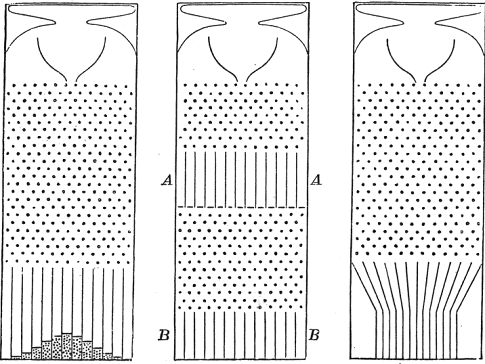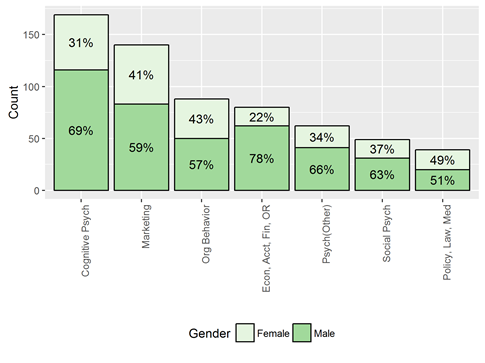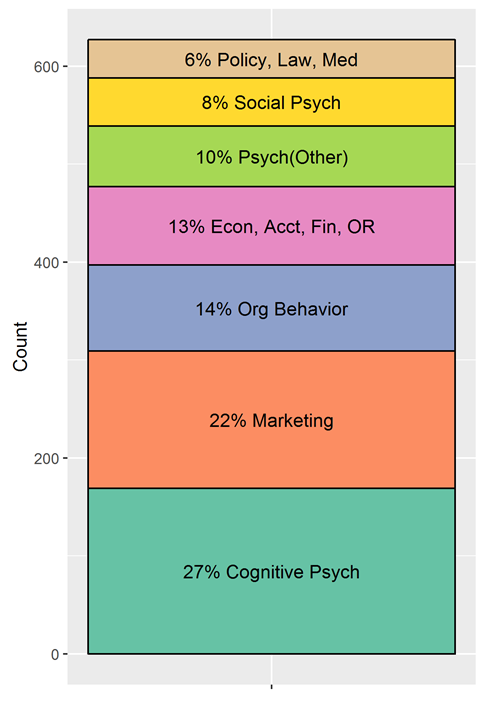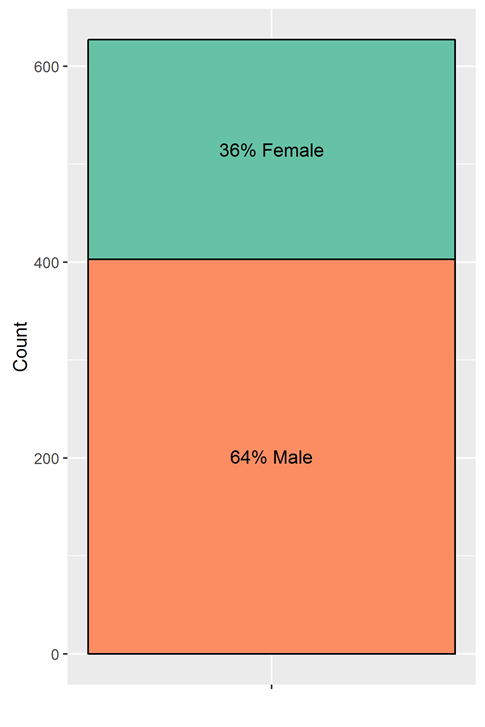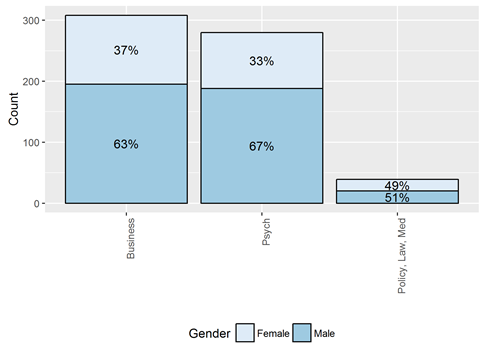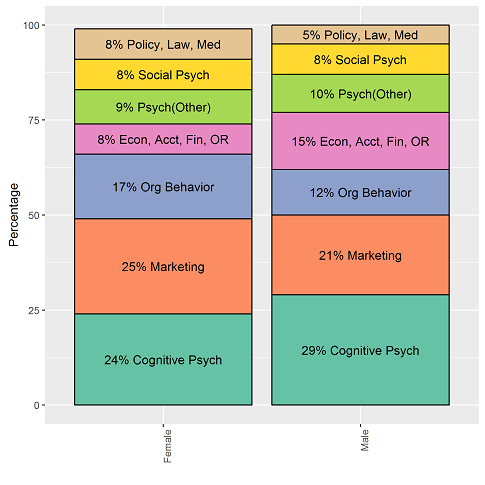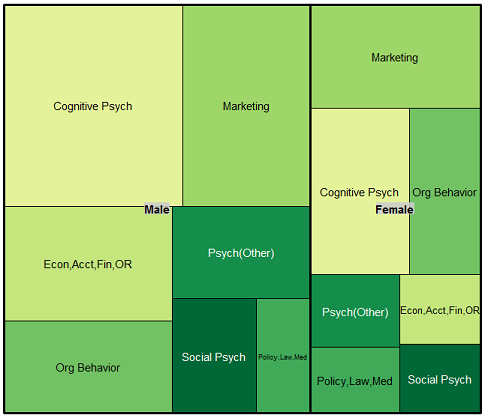2017 FABBS AWARD WINNER FROM THE SOCIETY FOR JUDGMENT AND DECISION MAKING
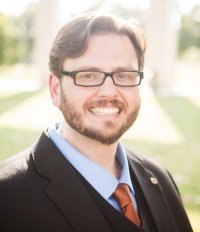
FABBS (Federation of Associations in Behavioral and Brain Sciences) just announced the 2017 Early Career Impact Award winners. This award is presented to early career scientists of FABBS member societies during the first 10 years post-PhD and recognizes scientists who have made major contributions to the sciences of mind, brain, and behavior. The goal is to enhance public visibility of these sciences and the particular research through the dissemination efforts of the FABBS in collaboration with the member societies and award winners.
For the Society for Judgment and Decision Making, the 2017 winner is Edward Cokely of the University of Oklahoma.
Dr. Edward Cokely has made significant advances in the psychology of skilled decision making, with applications in risk communication and adaptive technology. He is known for his research on cognitive abilities and inclusive decision education. In addition, Dr. Cokely’s research has advanced frontiers in our scientific understanding of simple, effective decision aids, visual aids, and training programs including adaptive computerized tutors to improve high-stakes decision making among diverse and vulnerable individuals who vary widely in ability, proficiency, education, background, and country of residence.
A passage from one of his papers shows his conviction that people, regardless of background, can improve their decision making ability:
For more than a century people have used theoretical assumptions to argue that general intelligence constrains decision making quality, causing substantial differences in human potential and outcomes…[with implications for] the structure of our policies, rights, institutions, and welfare practices. […] Setting aside moral and ethical outrage, at the heart of the scientific issue is a basic question about whether or not abilities actually constrain decision quality. [Our] experiments, training programs, and cognitive process tracing studies provide converging causal evidence [that] skilled decision making generally does not require high-levels of fluid intelligence or special abstract reasoning capacities… [With the right support] nearly anyone has the ability to make well-informed and skilled decisions so long as they understand risks.
In his writings, Dr. Cokely discusses how these findings present both research opportunities and substantial scientific responsibilities (for example, all else equal, informed decision making is an ethical imperative). This foundation serves as the scientific and ethical basis for his efforts to nurture risk literacy and support science for informed decision making.
In fewer than ten years after earning his PhD, Dr. Cokely has published over 60 papers which have been cited over 2,000 times. In the same time period, he has mentored 10 PhD students and secured more than $2,000,000 dollars in funding for research and student support. His research has been featured in Scientific American, New Scientist Magazine, Chronicle of Higher Education, and other media outlets such as the New York Times and Wall Street Journal Online. He’s received several major awards including a 2013 National Science Foundation CAREER Award and the APA’s Award for Best Research Paper in Applied Experimental Psychology (2012).
Dr. Cokely has developed the Berlin Numeracy Tests and associated outreach efforts via www.RiskLiteracy.org, a multinational collaborative informed decision making project. Today, more than 100,000 people from 166 countries have taken one of the Berlin Numeracy Tests. Hundreds of recent studies by research groups from business, psychology, economics, political science, law, medicine, social work, forestry, and other fields have published decision making research using the Berlin Numeracy Tests, improving our understanding of the needs and processes of diverse decision makers in more than 50 countries.
Dr. Cokely serves as Presidential Research Professor and Associate Professor of Psychology, and co-founding faculty of the National Institute for Risk & Resilience, at the University of Oklahoma and was previously a postdoctoral fellow at the Max Planck Institute for Human Development after earning his doctorate in psychology from Florida State University.
This entry was posted on Friday, January 20th, 2017.
 Subscribe to Decision Science News by Email (one email per week, easy unsubscribe)
Subscribe to Decision Science News by Email (one email per week, easy unsubscribe)
